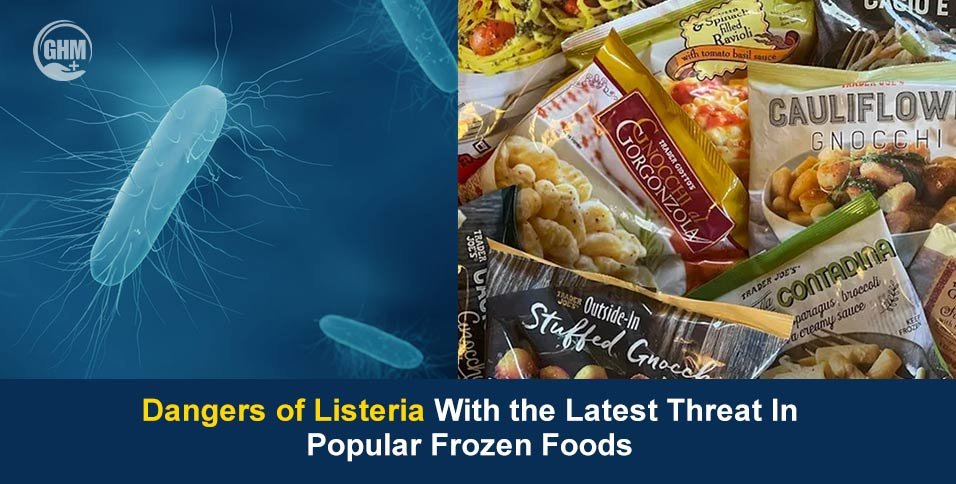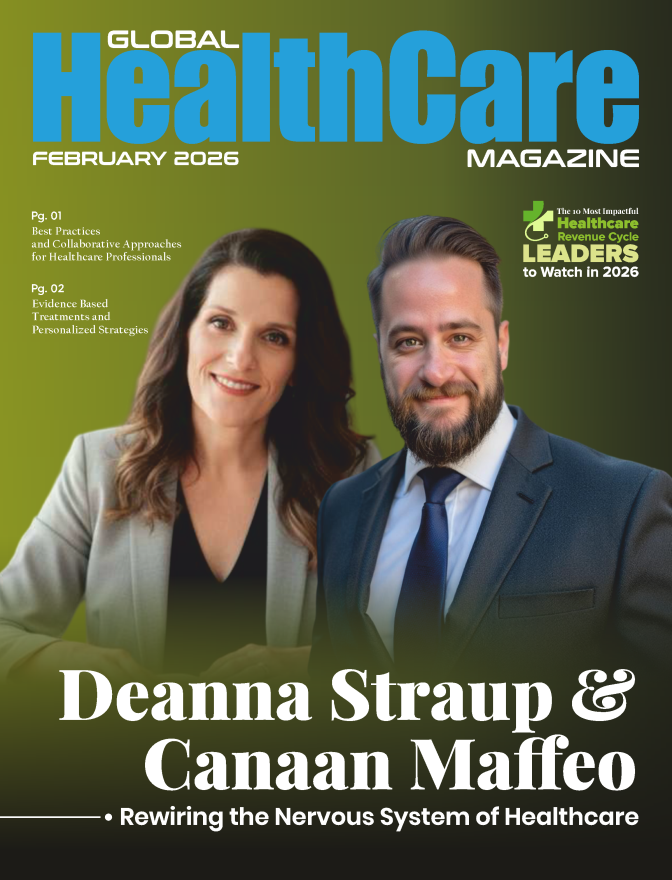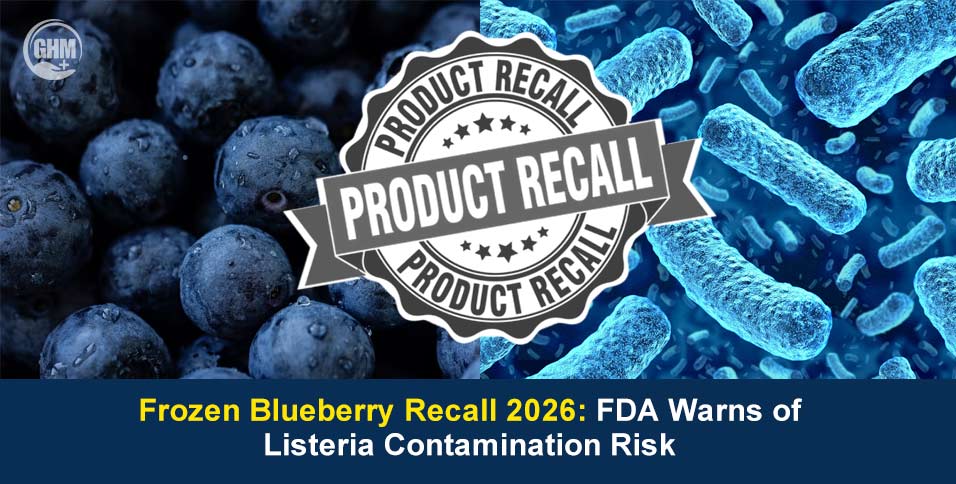At least four people have died and 19 more have been hospitalised in a foodborne outbreak, increasing the dangers of Listeria, a silent but deadly bacterium. Ready-to-eat pasta meals were recalled from major retailers Walmart and Trader Joe’s.
Listeria isn’t new, but the recent events bring its severity into sharp focus, especially in the frozen foods people regularly rely on for convenience.
Listeria and Its Danger
Listeria stem from its hardiness: this bacterium, Listeria monocytogenes, thrives in cold, moist environments and can grow even in the refrigerator.
Unlike most bacteria, which slow or stop growing at cold temperatures, Listeria can persist and multiply in the chilly conditions inside freezers and fridges, making frozen foods an unexpectedly risky category for consumers.
The Outbreak Alert
According to the Centres for Disease Control and Prevention (CDC), 20 people across 15 states have been infected in the latest suspected Listeria outbreak, with 19 hospitalisations and four deaths.
The Dangers of Listeria became painfully clear as reported cases traced back to “Marketside Linguine with Beef Meatballs & Marinara Sauce” at Walmart and “Cajun Style Blackened Chicken Breast Fettuccine Alfredo” from Trader Joe’s. These products, no longer on shelves, may still lurk in home freezers—posing an ongoing risk.
How Listeria Gets in Frozen Food
The Listeria bacterium can contaminate food during processing, especially if sanitary conditions falter at any step. Once inside the sealed trays of convenient pasta dinners, Listeria can quietly await unsuspecting consumers.
According to a Walmart spokesperson, “The health and safety of our customers is always a top priority. We acted immediately to remove affected products from our shelves and are working with our supplier to address the root cause.”
Who Is Most at Risk?
The recent outbreak reminds us that Listeria doesn’t affect everyone equally. Those most vulnerable include:
- Pregnant women, for whom even mild illness can result in miscarriage, stillbirth, or serious newborn complications.
- Elderly individuals and those with weakened immune systems may suffer life-threatening infections.
- The general public, as Listeria can cause severe, invasive disease by spreading beyond the gut.
“Listeria is particularly dangerous because it can spread from the gut to other parts of the body, causing severe lower back pain, stiff neck, confusion, and convulsions,” health officials warn.
Recognising the Listeria Symptoms
Knowing the signs of infection is crucial to seeking timely treatment. The Listeria may show up as:
- Fever and muscle aches
- Tiredness, nausea, or diarrhoea
- Headache, stiff neck, confusion
- Loss of balance and convulsions
Symptoms can begin as soon as the same day or as late as 10 weeks after eating contaminated food, which can make the link less obvious.
Preventing Listeria at Home
Because Listeria can survive long-term in the cold, prevention goes beyond not eating recalled foods.
Reduce risk by:
- Disposing of any recalled meals from freezers, not just refrigerators.
- Washing hands, containers, and surfaces that may have touched contaminated foods, as Listeria can spread easily.
- Always cooking frozen or refrigerated ready-to-eat products to recommended temperatures.
The Dangers of Listeria are compounded when consumers are unaware of which foods are risky or neglect household hygiene after a recall.
Increase in Listeria
Modern food production and distribution have brought convenience, but also new vulnerabilities. Industrial kitchens that produce meals for nationwide distribution mean that one mistake can send contaminated meals to thousands of households. Tracking and recalling every affected product becomes a race against time.
What Should Consumers Do Now?
The key to avoiding Listeria is vigilance. Check freezers for any recalled products.
When unsure, consult retailer helplines or the CDC for the latest recall details.
Never eat food past its use-by date, especially if there’s been a known recall.
Awareness and action save lives.
Conclusion
The recent outbreak is a stark reminder that the Dangers of Listeria extend far beyond theory. They carry real, deadly consequences. Frozen meals, once trusted for convenience, can become carriers of a silent but severe infection if contamination slips through production safeguards.
By staying alert to recalls, practising safe food handling, and understanding the risks, consumers can better protect themselves and their families. Awareness, vigilance, and swift action remain the strongest defences against the growing Listeria in frozen food.













